


The NETZSCH Group is an owner-managed, international technology company with headquarters in Germany.
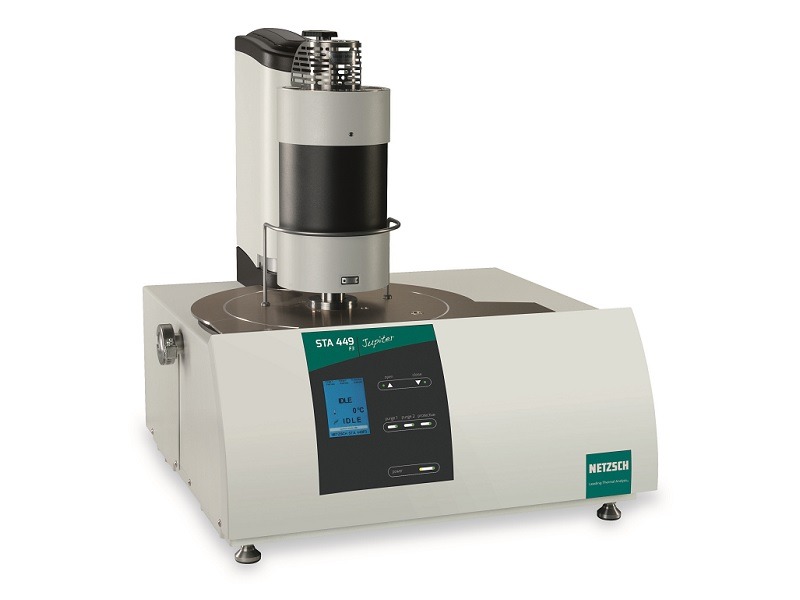
The Analyzing & Testing, Grinding & Dispersing and Pumps & Systems Business Units represent customized solutions at the highest level. More than 3,700 employees in 36 countries and a worldwide sales and service network ensure customer proximity and competent service.
The portfolio of the Analyzing & Testing Business Unit comprises conventional thermal analysis instruments such as differential scanning calorimeters (DSCs), thermogravimetric analyzers (TGAs) or thermomechanical analyzers (TMAs), instruments for thermophysical properties testing, adiabatic calorimeters (for example, accelerating rate calorimeters) and newly included, rheometers.
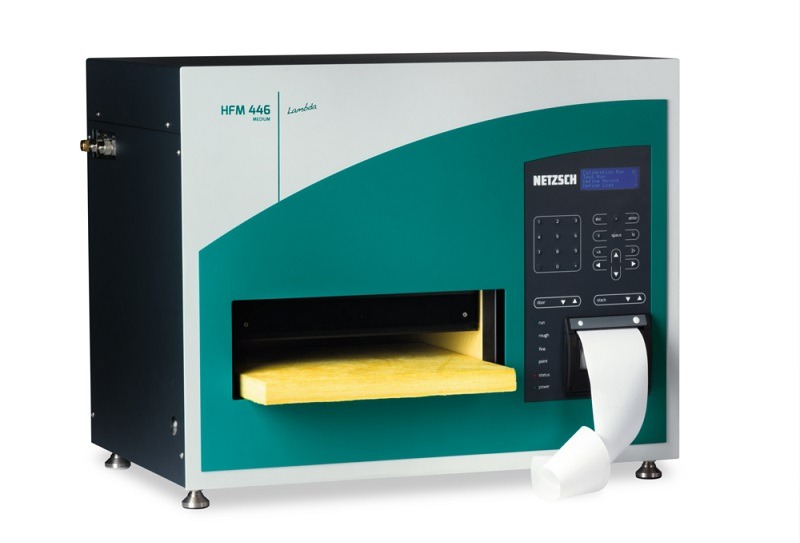
Rheology is the study of flow and deformation of materials under applied forces which is routinely measured using a rheometer. The measurement of rheological properties is applicable to all materials from fluid dispersions such as oral medicines, nasal sprays and subcutaneous formulations for injection to semi-solids such as pastes, topical creams and adhesive dressings.
Rheometer methods are included in USP (US pharmacopoeia) and Ph. Eur. (European pharmacopoeia).
Differential Scanning Calorimetry (DSC)
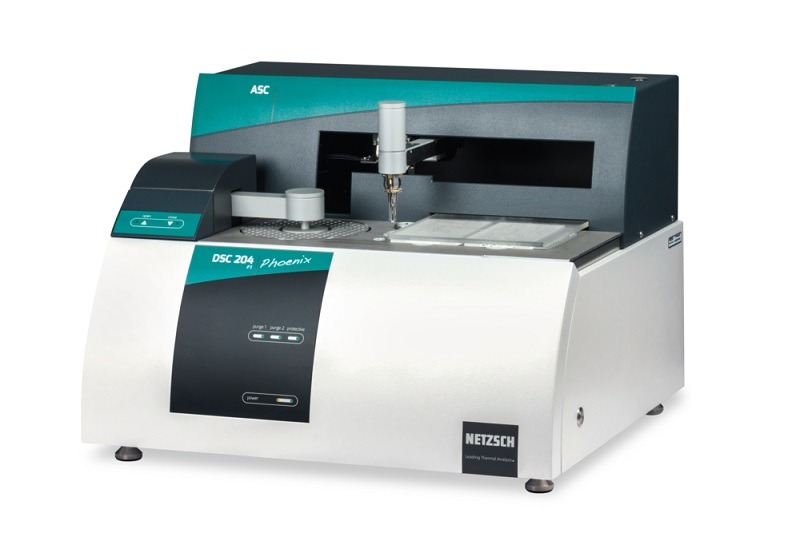
Differential Scanning Calorimetry (DSC) is the most commonly used Thermal Analysis method for pharmaceutical applications and – along with thermogravimetric analysis – also mentioned in various pharmacopeias such as USP, Ph. Eur., JP (Japanese pharmacopoeia).
Typical application areas are:
Thermogravimetry (TG) or Thermogravimetric Analysis (TGA)
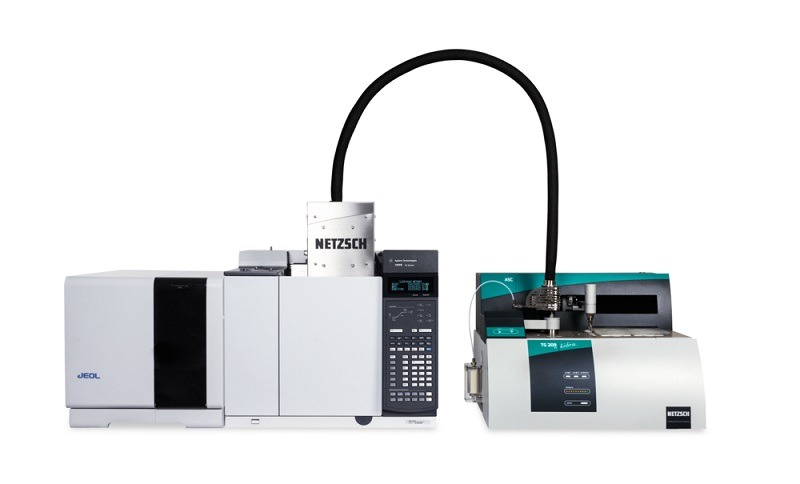
Thermogravimetry measures the mass change of substances during heating. In addition, coupling of a thermobalance to a gas analyzing system such as FT-IR, MS or GC-MS allows for identification of the evolved gases and thus helps to elucidate the processes behind the mass changes.
TGA instruments can be applied to study:
Thermogravimetry can also be found as a method of choice for determining loss on drying in several monographs.
Finally, by means of kinetic evaluation (with NETZSCH Kinetics Neo), predictions concerning stability based on thermoanalytical measurements can be calculated that allow for statements which would otherwise experimentally not be accessible or only at great expense.
The term STA stands for the simultaneous application of TGA and DSC to a single sample under identical measurement conditions.
It unfolds its advantages specifically concerning:
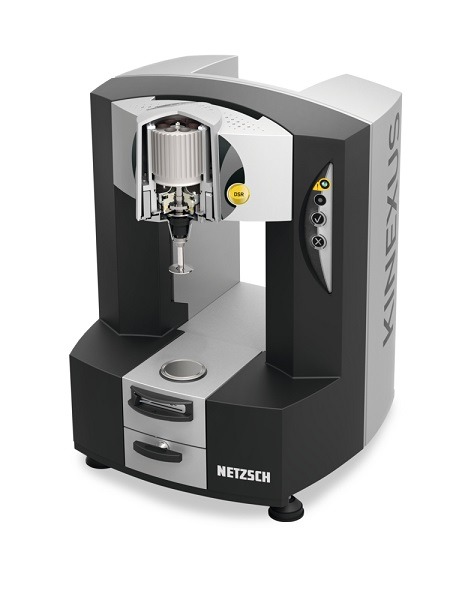
For gathering information about the safety of already existing or new production processes, accelerating rate calorimeters (ARCs), often in combination with DSC instruments and the Kinetics Neo and Thermal Simulations software packages, can be used to identify thermal hazards and simulate worst-case scenarios.
An accelerating rate calorimeter is an adiabatic calorimeter which allows for monitoring exothermal events (runaway reactions) along with pressure changes while the sample is heated.
Our performance standards are high. We promise our customers Proven Excellence – exceptional performance in everything we do, proven time and again since 1873.
Our applications experience of more than 50 years in the Analyzing & Testing Business Unit, a broad state-of-the-art product line and comprehensive service offerings ensure that our solutions will not only meet your every requirement but also exceed your every expectation.
NETZSCH-Gerätebau GmbH (Germany headquarters)
Wittelsbacherstraße 42
95100 Selb
Germany
Phone: +49 9287 881-0
Fax: +49 9287 881-505
Email: contact-ngb@netzsch.com
Web: www.netzsch.com/ta





